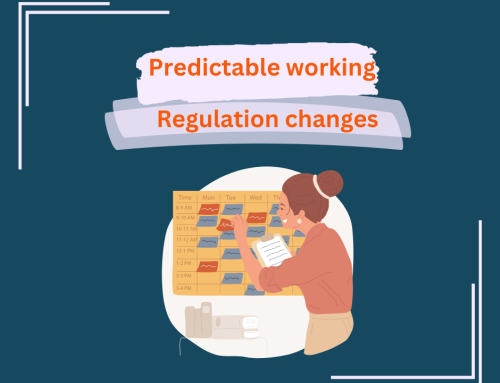The accumulation and analysis of data is a common task within business. Following the implementation of GDPR focus has shifted to managing and protecting data, rather than optimising its use. In this guest blog, Stephen Preston, Managing Director of SP Data Services shares some of his valuable insights into the business benefits of centralising data using relational databases.
Many businesses accumulate large amounts of data in spreadsheets. Whilst spreadsheets provide easy data access, there are greater benefits to a business once data has been migrated into a relational database. Unlike spreadsheets, a relational database is a central repository for all business data. This blog discusses some of the benefits a business can expect.
Centralised Data leads to greater Return On Investment
Companies that have implemented centralised data repositories, such as relational databases, have reported generating more revenue over companies that have not made the investment. Data is a huge asset to a company and effective data management is critical to the success of a business. Centralised data leads to better decisions, higher productivity, greater efficiency and better informed employees. A relational database is the ‘go to’ source for all the information a business needs. No longer is time wasted finding spreadsheets or identifying whether it is the latest version. Double data entry becomes a thing of the past, with data maintained centrally and feeding other applications as required.
Accurate Data Analysis
With centralised data, in a relational database, data changes are controlled and result in more accurate data being maintained by the business. Data duplication is managed and eliminated. This in turn leads to realistic trend analysis, enabling management to make effective business decisions.
Simpler Data Maintenance
When data is maintained centrally, information updates are immediately available throughout the organisation. The structured approach ensures all users adhere to company processes and workflows, which saves time and improves productivity.
Accountability
Relational databases introduce better security into a company. Data access can be restricted by user or user role. Applications only present pertinent data to a user, preventing updates or access to data that is not within their control. Full access and change auditing can be implemented, into both the relational database and the applications working with the data, resulting in data access and data changes being recorded to increase levels of accountability.
Easy GDPR Compliance
Centralising data means that time isn’t spent looking for all occurrences of personal data. Responding to Subject Access Requests (SARs) is quicker and complete. The actions of recording of consent, removing personal data or forgetting a person are all performed in one place.
Industry Standard Reporting
Many standard reporting tools are available that have the capability to develop a comprehensive reporting suite for a business. Weekly/Monthly/Annual reporting becomes as simple as clicking a button.
For further details about integrating relational databases in your organisation, contact spreston@spdataservices.com.
For further information on securing, and managing the risks to, your data check out our blog on the topic.
Talbot Jones Ltd is a chartered insurance brokerage specialising in Third Sector, Professional and Technology risks. Get in touch for a free insurance review, advice or quotation.





